Table of Contents
In this blog, we’ll dive into the world of event security and uncover what it takes to keep concerts and live events running smoothly, from planning and setup to real-time crowd management and emergency response. This is the reality behind live event and concert security: a delicate balance of vigilance, strategy, and responsiveness.
Part A – The Essentials of Concert Security
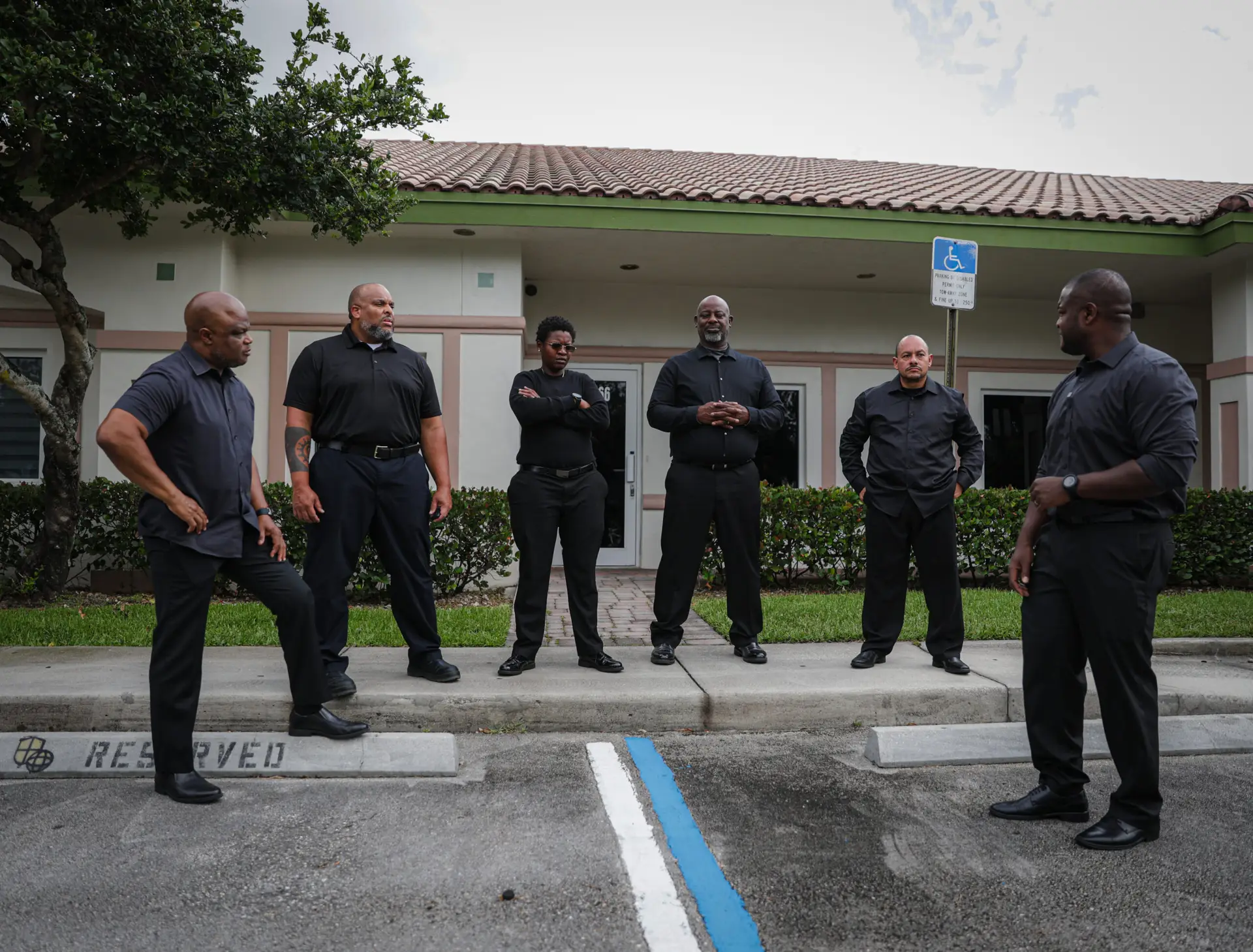
Concert security goes beyond just “keeping an eye on things.” It involves meticulous planning, clear protocols, and, above all, teamwork. Security professionals need a sharp focus and keen situational awareness. To keep a crowd safe, security teams follow several essential protocols:
- Risk Assessment and Planning
Each event begins with a comprehensive risk assessment. Security managers evaluate the venue’s layout, potential hazards, and any specific risks related to the performer, audience, or location. This information helps develop a solid security plan that outlines everything from entry point controls to emergency evacuation routes. - Team Coordination
Security at a large concert isn’t just handled by one person or even one team. It often involves multiple agencies, including local law enforcement, private security teams, and venue staff. Regular check-ins and pre-event briefings are crucial to ensure everyone knows their roles and can work together seamlessly in high-pressure situations. - Pre-Event Setup and Screening
A major part of any security protocol is the setup and screening process. This includes checking for weapons, contraband, and potential threats before attendees enter the venue. Bag checks, metal detectors, and pat-downs are common practices. It’s a careful balance: ensuring thorough checks without slowing the entry process too much, as crowds and delays can cause frustration and potential hazards outside the venue. - Crowd Control and Monitoring
Managing the crowd during an event is critical. Security professionals must be positioned strategically across the venue, keeping a watchful eye on the audience to identify any signs of trouble, from intoxicated attendees to small scuffles. Monitoring large crowds involves tracking behavior shifts, such as an unusually dense area in the crowd or escalated noise levels, which can signal potential issues.
Part B – Unique Challenges in Event Security
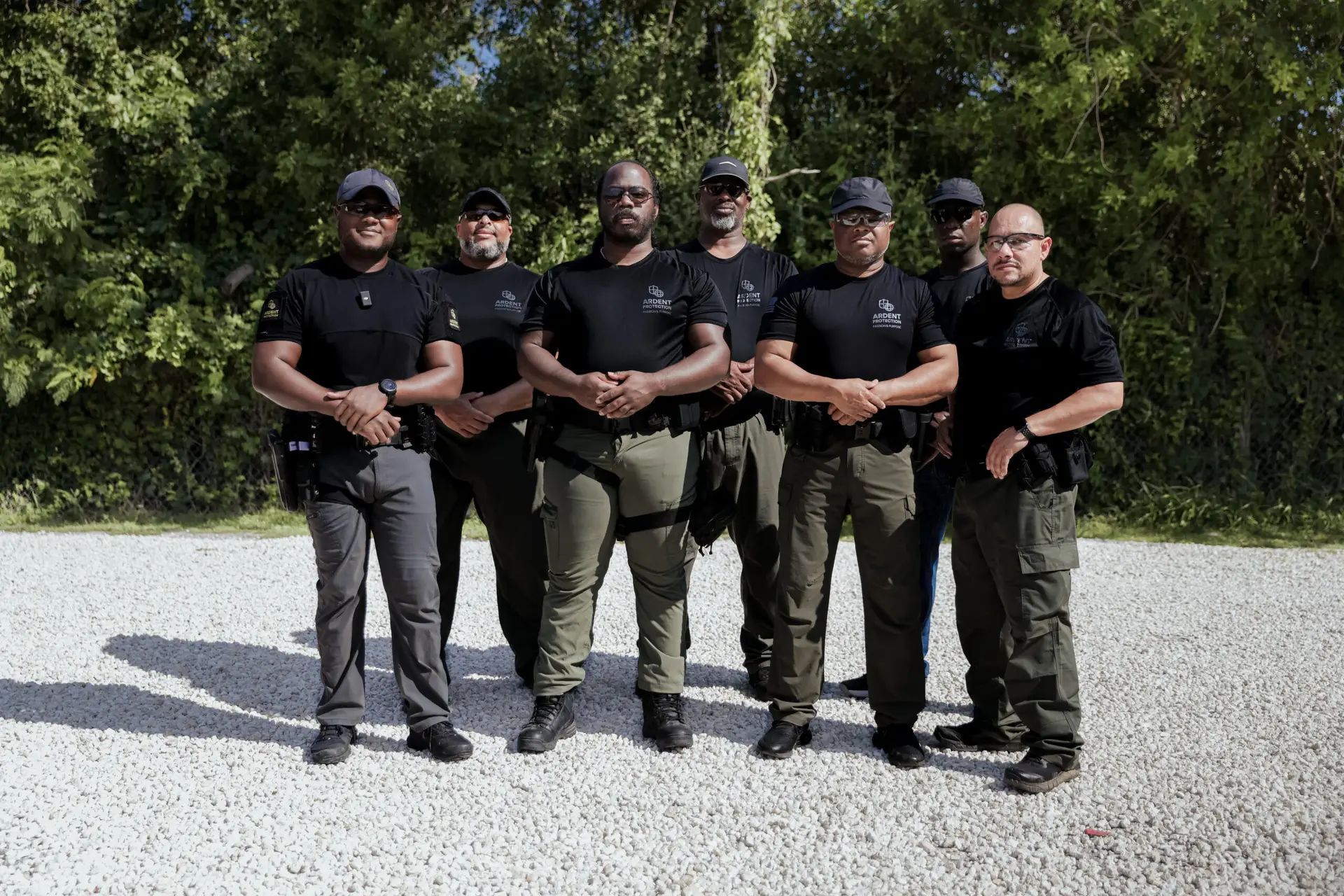
Concert security faces challenges that don’t always appear in other security fields. These are a few of the main hurdles:
- Unpredictability
Live events can be unpredictable by nature. A performer’s interaction with the audience, spontaneous fan activities, or unexpected weather changes can quickly shift the crowd’s energy. Security teams have to be agile, prepared to handle any changes with speed and control. - High Noise and Sensory Overload
Concerts are loud and full of lights, which can make it challenging to communicate and stay aware. Radios, hand signals, and physical communication methods are essential. Security teams are trained to use these tools effectively to stay coordinated without causing unnecessary panic or distraction for concert-goers. - Alcohol and Substance Use
With large events, especially those open to the general public, security often encounters individuals who are under the influence. Intoxicated attendees can disrupt the crowd and pose a risk to others. Security must handle such situations with care, ensuring these individuals don’t harm themselves or others.
Part C – Crisis Management: How Security Teams Respond
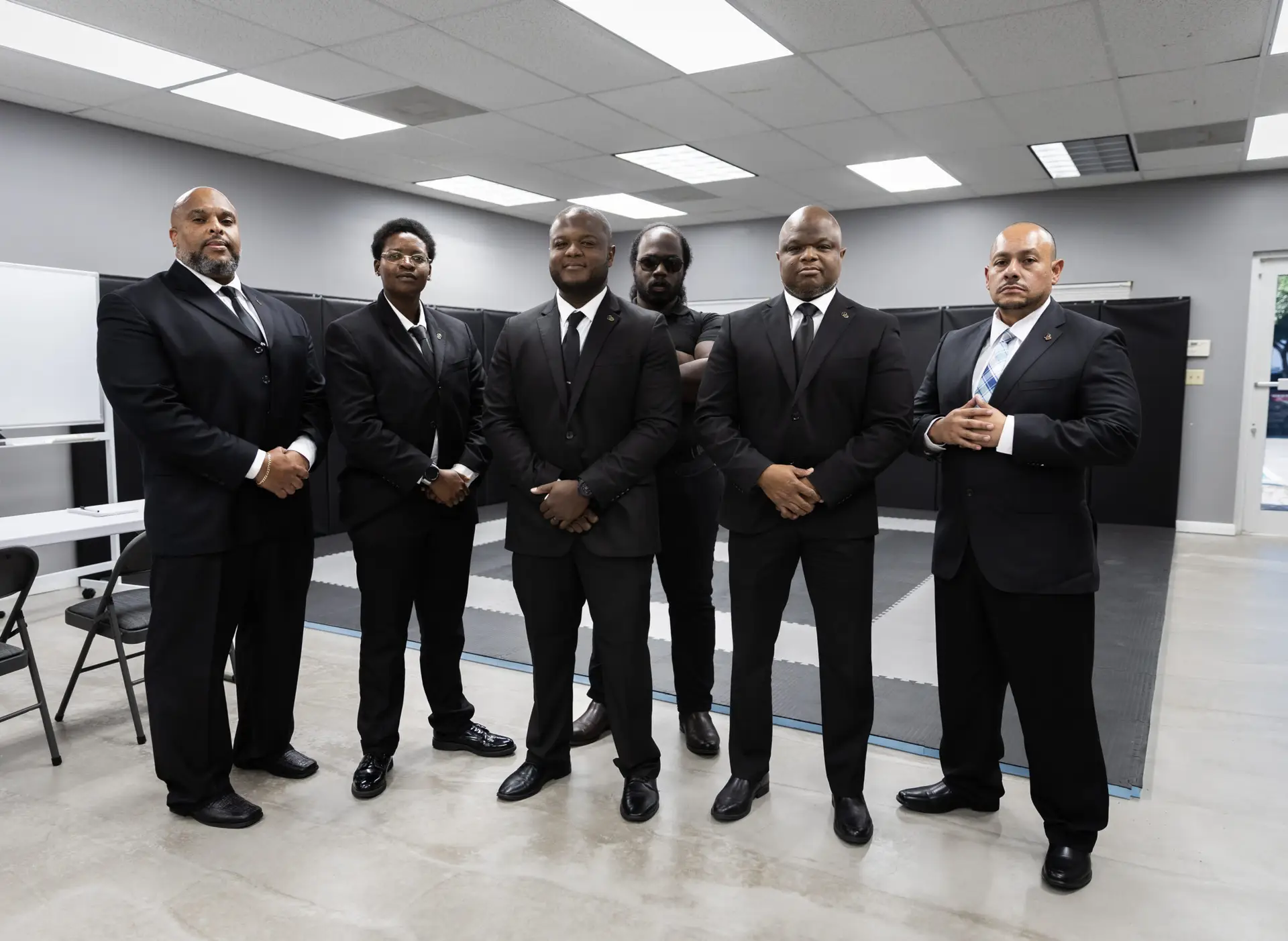
Even with preparation, some situations require immediate action. Concert security must have plans in place for:
- Medical Emergencies
Concerts often involve crowd surges, and sometimes accidents happen. Security teams work closely with medical personnel on-site to ensure swift response times in case of medical emergencies. For larger venues, having a designated medical area and clear routes to access it is essential. - Evacuation Plans
In extreme cases, such as fire hazards or other threats, evacuating a large crowd quickly and safely becomes crucial. Concert security teams practice different evacuation scenarios to ensure they can manage these situations efficiently. A clear, calm approach can make a big difference, helping to prevent stampedes or unnecessary panic. - Dealing with Unruly Behavior
Physical confrontations can break out, particularly in high-energy environments. Security teams are trained in de-escalation techniques, focusing on calming the situation rather than escalating it. In cases where force is necessary, security personnel are trained to intervene effectively without compromising the safety of others. - Emergency Coordination with Law Enforcement
For large concerts, law enforcement is often on standby. Having a clear line of communication between the security team and local police is essential for handling any incidents that escalate beyond the security team’s control.
Part D – Technology in Concert Security: The New Frontier
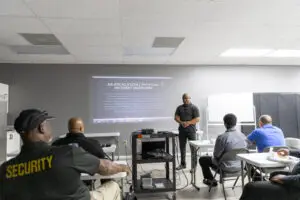
Technology plays a growing role in concert security, enhancing the ability to monitor and control large crowds:
- CCTV and Surveillance
With advanced camera systems, security can monitor high-risk areas in real-time, identifying potential trouble spots and dispatching teams quickly. Surveillance footage also aids in post-event reviews to improve future security plans. - Drones for Overhead Monitoring
At outdoor concerts, drones provide a bird’s-eye view of the event, allowing security teams to monitor the crowd from above. This helps identify patterns, detect potential threats, and manage large areas more effectively. - Wearable Tech for Security Teams
Wearable devices, such as smart vests with communication systems, allow team members to stay connected in loud environments. These devices can also track the location of security personnel, ensuring efficient deployment in case of emergencies. - Facial Recognition and Biometrics
Some venues use biometric systems to identify individuals with a history of causing disruptions. Though controversial, when used responsibly, this technology can help prevent known offenders from entering high-profile events.
Part E – The Human Element: Key Qualities of Effective Security Personnel
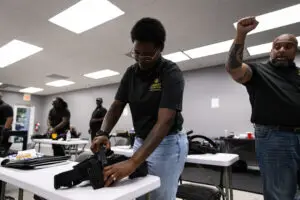
Technology is useful, but the effectiveness of concert security ultimately depends on the professionals on the ground. Key qualities of an effective security officer include:
- Situational Awareness
Security officers must have an acute awareness of their surroundings, noticing subtle changes in crowd behavior. This helps in quickly identifying potential risks and responding before issues escalate. - Calm Under Pressure
Concerts are high-energy environments. Security personnel must remain calm, projecting authority without intimidation. This calmness helps de-escalate situations and gives attendees a sense of safety. - Clear Communication
In noisy environments, clear and concise communication is essential. Security personnel use a range of communication techniques, from radio codes to hand signals, to coordinate effectively. - Empathy and People Skills
Security officers are often the first point of contact for attendees. Whether handling a minor issue or a larger conflict, officers must approach situations with empathy, keeping the attendee experience in mind while maintaining safety protocols.
Conclusion: Why Concert Security Matters
Concert security is about more than just preventing mishaps; it’s about creating an environment where fans feel safe enough to fully enjoy the event.
For ARDENT Protection and other leaders in the security industry, concert security is a demonstration of professionalism and commitment to public safety.
Every show is a chance to make a difference, proving that great security isn’t just about rules—it’s about respect, vigilance, and care for each individual in the crowd.
With a combination of advanced technology, skilled personnel, and a comprehensive approach, concert security teams work behind the scenes to ensure that fans can have a night to remember for all the right reasons.
So next time you’re at a concert, take a moment to appreciate the security professionals who are there, quietly keeping the show safe and sound.ba
Quick Links
Resources
- Private Security
- Residential Security
- Corporate Events
- Retail & Loss Prevention
- Worksites & Warehouses
- Large Gatherings
- Health Providers & Clinics
- Hotels & Resorts
-
Cage#
8GY18 -
License#
B1900411 -
DUNS#
091352049


